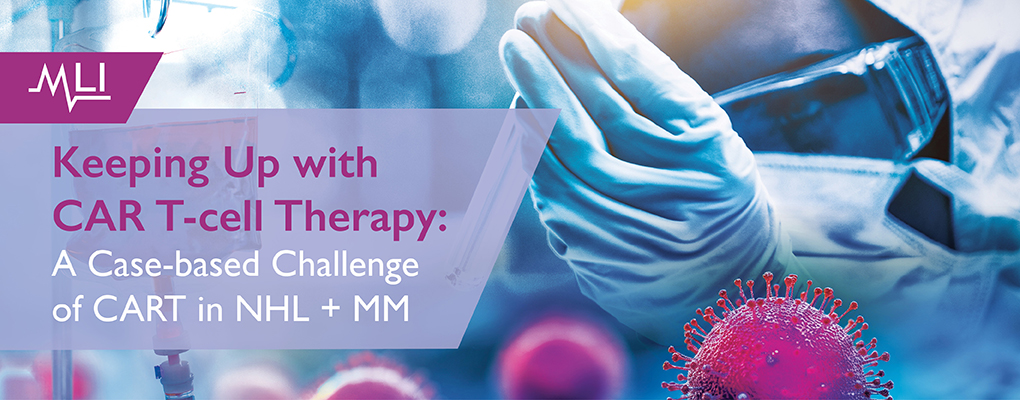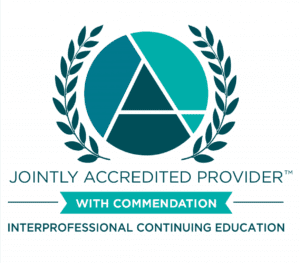
Live- In Person Washington, DC, Meeting
Activity Description
Nurses are often at the front lines of clinical care and as such, are perfectly positioned to bridge the gap between evolving clinical evidence and patient-centered care in Non-Hodgkin’s Lymphoma (NHL) and Multiple Myeloma (MM). This dynamic educational activity will equip nursing professionals with the critical skills to integrate the latest advancements in CAR T-cell therapy into practice, ensuring alignment with NCCN guidelines and patient preferences. Through interactive case studies and expert-led discussions, you’ll be empowered to manage complex treatment scenarios, deliver comprehensive patient education, and navigate even the trickiest treatment-related challenges.
Don’t miss this opportunity to compete with and against your peers for prizes as you expand your knowledge and elevate your ability to provide holistic, evidence-based care, facilitate the smooth integration of CAR T-cell therapies in diverse clinical settings, and ultimately optimize patient outcomes
This activity is intended for academic and community nurses and NPs who treat and manage patients with Non-Hodgkin’s Lymphoma and Multiple Myeloma.
After completing this CE activity, the participant should be better able to:
- Describe the process of CAR T-cell therapy, including its manufacturing, administration, and mechanism of action in NHL and MM
- Align CAR T-cell therapy choices and new and emerging treatments, including bispecific antibodies and combination therapies (e.g., TCEs and CELMoD) with NCCN clinical guidelines, by incorporating the latest clinical evidence, drug mechanism of action, patient preferences, and disease subtypes for both NHL and MM
- Employ effective patient education in differentiating available treatment options, addressing clinical trial participation, and providing resources for patient/caregiver support
- Integrate strategies to identify and manage common treatment-emergent events and long-term toxicities related to CAR T-cell therapy
- Incorporate action-based plans to address challenges associated with transitioning CAR T-cell therapy to community practices and outpatient settings, thereby improving patient access


Nursing Continuing Professional Development
Successful completion of this nursing continuing professional development activity will be awarded 1.5 contact hours and 1.5 contact hours in the area of pharmacology.
Supporter
This activity is supported by educational grants from Bristol Myers Squibb and Janssen Biotech, Inc., administered by Janssen Scientific Affairs, LLC., Inc.
